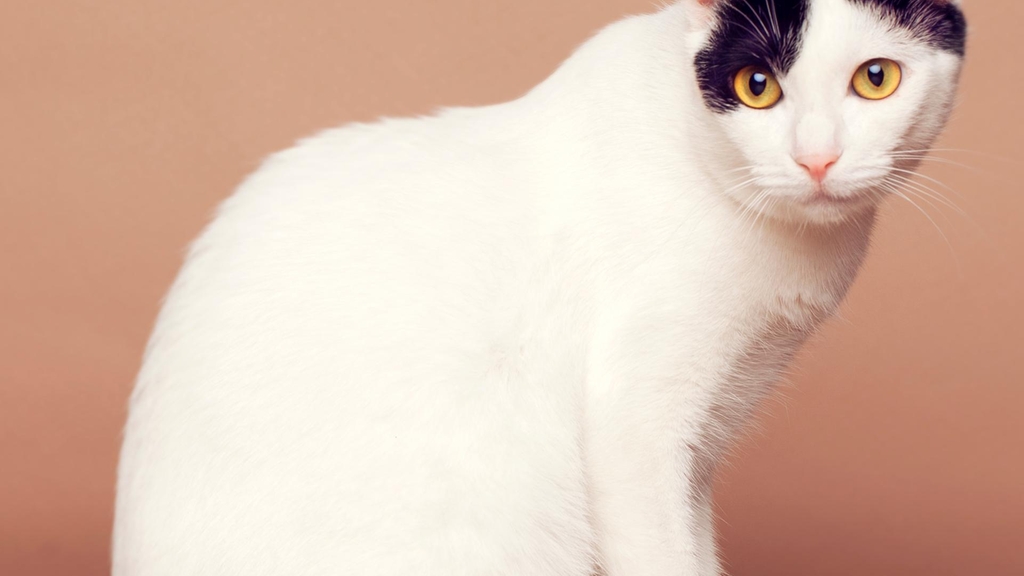A dire shortage of vital medication for pets in the UAE has become a “life or death” situation, vets said.

Dr Jahn says ‘a lot of medicine is out of stock’. Delores Johnson / The National
Health professionals and pet owners have called for urgent action as a failure by suppliers to keep up with demand threatens to put the lives of animals at risk.
One owner told how she faces driving from clinic to clinic in a desperate hunt for often out-of-stock medication for her pets.
The Ministry of Climate Change and Environment – which licenses the import of such products – is asking veterinary suppliers to address the shortfall.
Kremena Ivanova said the consequences could be fatal for her pets and countless others if the issue is not resolved.
Her dog Penny has a heart that can’t pump fast enough. Without medication, Penny’s heart fills with blood, and she overheats and tires easily.
Penny lives with Miral, an epileptic cat. Miral needs special medication to reduce his risk of seizures.
Their own medications are hard to find in the UAE.
“It’s medication Penny has to take,” said Ms Ivanova, who is also the founder of animal rescue group Smiles38.
“It’s out of the question that she stays without it. If this continues and she isn’t treated, eventually she will die.
“A lot of medicine is out of stock. Certain medicine can be replaced with human medicine but some cannot and that’s when you start driving around the clinics hoping to find somebody who has old stock.”
Ms Ivanova spends hours each week looking for pet medication that has become harder and harder to find.
Suppliers usually have exclusive rights to import specific medications. If the supplier decides not to import it, nobody else can either.
“If a local supplier then doesn’t order the necessary drugs, then there’s no way of getting it into the country,” said Katrin Jahn, the founder of German Veterinary Clinic in Abu Dhabi. “We really struggle to keep a consistency with supply and it seriously limits us in how effective we can be in treating our pets.
“It goes as far as being able to save a life and not being able to save a life.”
Pet medications difficult to obtain or currently unavailable include insulin, feline leukaemia vaccine, antibiotics like doxycycline paste, eye ointments, heart medication, anti-inflammatories, anti-anxiety medication, blood-pressure medication and general anaesthetic.
Newer medicines can take years to reach the market.
“Animals have such specific diseases and sometimes you need a specific type of drug that you might only use once or twice a year and when you need them, you need them,” said Ms Jahn. “Even a general anaesthetic drug that is absolutely common standard anywhere else in the world, you can’t get it here.”

Kremena Ivanova’s cat Miral, who suffers from seizures.
A ministry committee responsible for licensing veterinary products has approved 1,500 veterinary products since January 2018.
“The ministry is in direct and continuous contact with veterinary pharmaceutical warehouses and clinics to monitor the availability of the supply of the vital medicines,” said Kaltham Kayaf, Acting Director at the ministry’s Animal Health and Development Department.
“In case of veterinary product shortages, the ministry facilitates their import procedures.”
Federal Law No 9 of 2017 permits the import of unregistered veterinary medications if there is a shortage of their registered equivalents or if they are deemed life-saving medicines.
Based on committee recommendations, the ministry has “simplified the registration process for feline and canine products and exempted them from some of the stringent requirements towards ensuring their constant availability in the local market”, Ms Kayaf said.
The ministry has urged suppliers to address these concerns.
“The medications mentioned are imported at the request of veterinary clinics as they are generally not in high demand,” said Ms Kayaf. “The ministry urges veterinary suppliers to ensure the availability of these medicines. Furthermore, MOCCAE works with veterinary clinics to follow up that they have sufficient stock of the medications for consumption throughout the year.”
Suppliers contacted by The National did not comment.
Vets flagged the issue with the ministry last year.
“We started to stock up for medicine as if we would not see that medicine again,” said Amro Abdullah, a veterinary surgeon at Petzone Veterinary Clinic in Dubai. “This in itself put some financial burden on us and we are not licensed to be drug stores.
“If suppliers do not import, give the license to someone else. Let someone else fill the gap.”
One import company was allowed an emergency shipment in 2018 but supplies have dried up.
“I know there will be pets suffering,” said Mr Abdullah. “There is no reason to finger point, we just want to raise the issue so authorities will think about what has happened.
“Law is law and it has to be respected but bylaws have to protect the interests of everyone. They’ve protected the agents but they have to protect the people who rely on the agents. Pet owners rely on us and pets rely on them.”